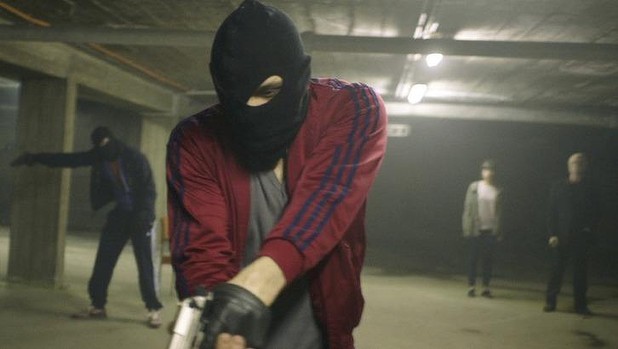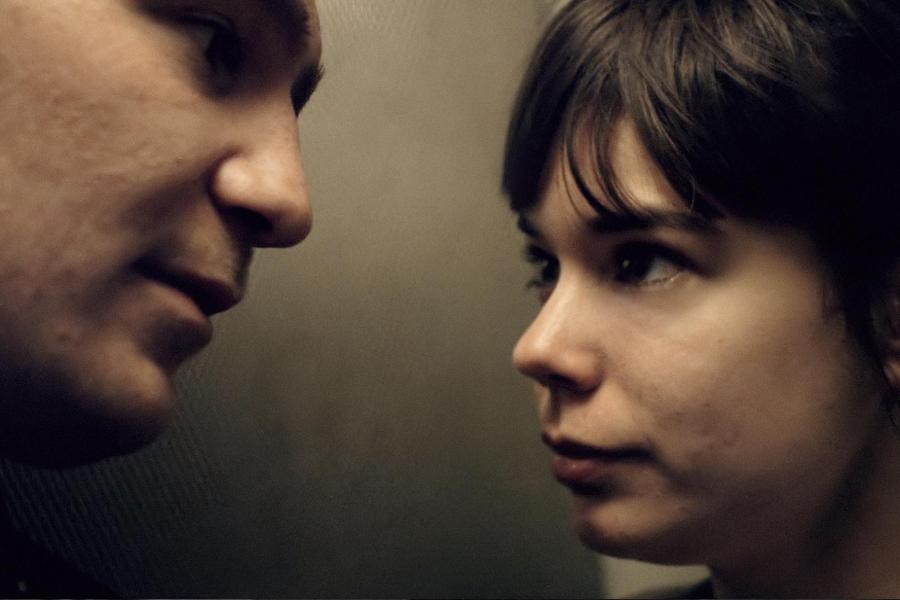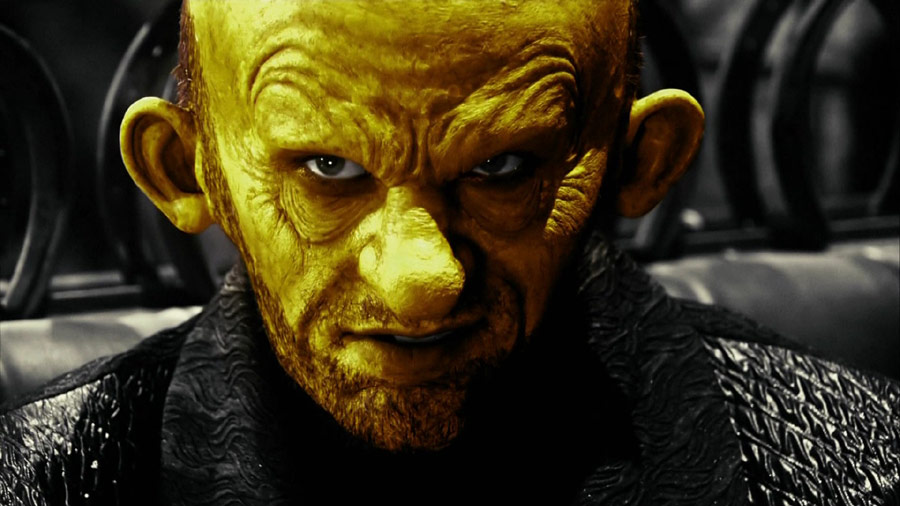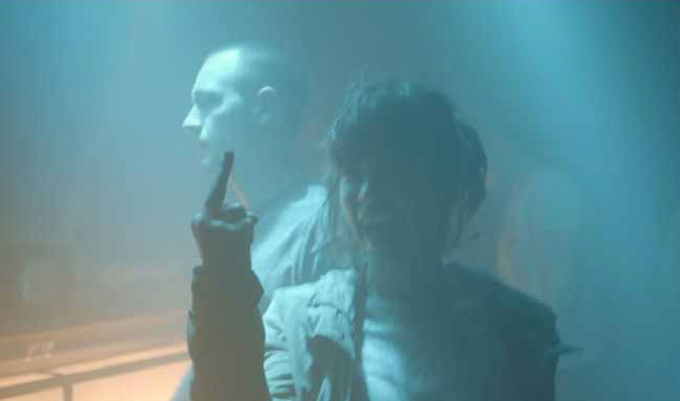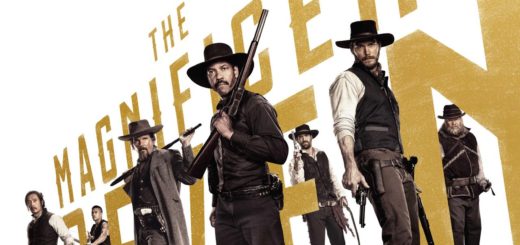VICTORIA Review
Director: Sebastian Schipper
Genre: Heist Film
Release: 2015
Remember the days when everybody owned a SONY Handycam and paraded it around city centers whilst on vacation, exploring the town for extended periods of time, only to return home and never watch the footage? Well, now there’s a director who wants to sit everyone down so that they can watch his 138-minute trip through Berlin. The uninterrupted take virtually became an annual outing among big filmmakers in the industry, but as of late it has become an almost monthly occurrence, being sighted everywhere from television to feature films. But what’s strange is that the one-take doesn’t necessarily improve with every new installment. Instead, it fluctuates in quality, slowly wearing out its welcome and proving that although TOUCH OF EVIL came out fifty-seven years ago, it hasn’t been one-upped in any way by Sebastian Schipper’s meandering, contrived portrayal of petty crime in 2015’s VICTORIA.
“Say you like my movie! Say it!”
VICTORIA serves as a perfect case study of how ambition doesn’t equate to greatness, and ultimately demonstrates nothing other than the obvious benefits and limitations of shooting a one-take film. Over time, the one-take happened to be utilized mostly for the purpose of visual spectacle, whether it’s a military beach occupation in ATONEMENT, dystopian warfare in CHILDREN OF MEN, a meteor disaster in GRAVITY, or a ghetto shootout in TRUE DETECTIVE. 2014’s BIRDMAN proved that an uninterrupted take can actually capitalize on the skills of highly trained dramatic actors, as opposed to existing for the depiction of running, yelling, and bullets being fired, but even then director Alejandro Innaritu was clever enough to split his extended takes in order to calibrate performances in between edits.
Schipper’s film is one uninterrupted take, and boy does he really remind his audience that it is, with the film’s tagline proudly boasting: “One City. One Night. One Take.” Whilst the film team surely deserves credit for pulling it off at all, it ought to be noted that Sukorov’s RUSSIAN ARK still maintains its spot on the pedestal in regards to scale and overall ambition, and although VICTORIA is clearly the more accessible of the two, it’s also pathetically written. As with most films of this sort, one could say that the film belongs to cinematographer Sturla Brandth Grøvlen, but he never does anything with his SteadyCam that is truly impressive. After all, anybody can hit record and let the camera run for two hours. If anything deserves praise, it’s the fact he didn’t get tired holding the camera, but is that really a cause for celebration?
“He’ll never understand how much it hurt my arms…”
It would simply be false to claim this 2015 vehicle is a successful showcase of direction and cinematography. Just because the film is a 138-minute one-take doesn’t make it great filmmaking. The only people deserving of serious recognition are those who were off-screen, ensuring the next scene was prepped and pedestrians weren’t walking into frame. The cinematography is miles behind the quality of BIRDMAN or RUSSIAN ARK, contributing little style and blandly point-and-shooting the subjects on screen. Schipper’s direction seems to bring out some genuine performances near the start, but as the film delves into its second act it stoops to little more than aggressive yelling, going on for such an extended period of time that it not only wears out its welcome, but loses narrative direction entirely.
The real problem with Schipper’s film is that it’s quintessentially college-alum material, constantly prioritizing the showcase of skill rather than a good standalone piece of narrative cinema. When stripping away the ploys that make VICTORIA something even worth talking about, it’s nothing more than a contrived, painfully misguided attempt to show German crime. The sad thing is that Schipper seems to understand German nightlife, getting the particulars of drunken character interactions down, yet has absolutely no idea how to portray organized crime without coming across like he’s imitating a scene out of the world’s most generic SIN CITY clone.
Everyone’s first choice for a cinematic endeavor to emulate
In addition, Schipper somehow manages to make the bustling metropolis that is Berlin look like a tiny shtetl. The protagonists all meet inside a club, walk around aimlessly for fifteen minutes, hit up a rooftop conveniently located a block from the lead actress’ place of work, only to meet a mob boss five minutes away by car, commit a felony down the road, hit up the same club from the very beginning, run around town a little bit, and take a cab to the nearest hotel. The film refuses to acknowledge the size of Berlin, making one wonder why Schipper didn’t just set his feature in a smaller town if he was going to shoot the entire thing in one-take. It’s absurdly unrealistic and doesn’t do the film any favors, only further validating the audience’s understanding of “oh, so that’s why editing exists.” At least when a film is shot normally, buildings that are only a block apart can be made to appear like they are at opposite ends of the city.
Where VICTORIA succeeds is in its first act, introducing us to a cast of five likable protagonists, each drunkenly talking in broken English, cracking jokes, and flirting with each other. It also boasts some of the strongest German acting seen in a long time. The titular protagonist follows a wolf pack of young loitering drunks she meets outside of a Berlin club in the early morning, only to get wrapped up in a romance that abruptly turns into a forced felony. Conceptually, there is nothing wrong with VICTORIA, and the film does a solid job in its first thirty minutes to craft believable dialogue, but everything heads south once the second act is introduced, the film becoming a faux-edgy mess with a pitifully high-school understanding of what a mafia interaction looks like.
“Don’t approach me for the American remake!”
To make matters worse, the film’s titular protagonist begins to act completely irrationally, putting herself in dangerous situations only to serve the camera. What further amplifies the frustration of the viewing experience is that VICTORIA should absolutely not be a 138-minute film, and had it been shot like a standard feature film, it would have easily graced the ninety-minute mark. But the problem here is it still would have been a display of exceptionally shoddy screenwriting. The number of narrative contrivances begin to stack up exponentially, causing the film to idiotically meander on, only because the director isn’t allowed to yell cut.
Verdict: Do Not Recommend


